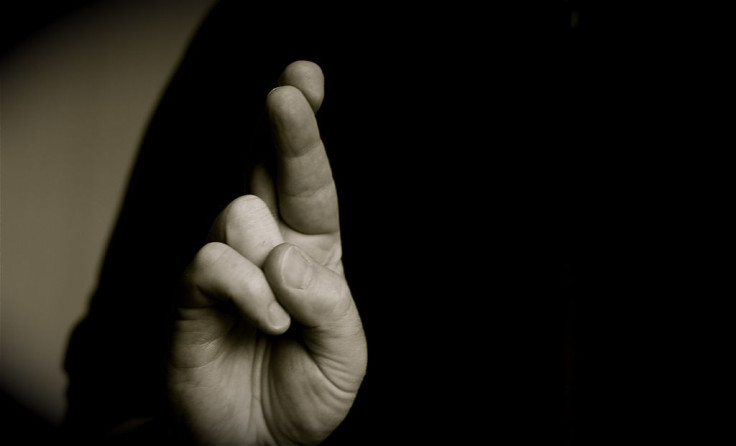Lie To Me: When It Comes To Detecting A Lie, Pay More Attention To What People Say Rather Than How They Say It

No one likes being lied to, but how do you figure out you’re being told the truth? While many swear that liars give away tell-tale signs of their deception in their body language, according to a new study, when it comes to uncovering the truth, what a person says is more important than how they say it.
While any child can blame their mess on the family dog, lying well requires a degree of intellect to pull off correctly. Not only does the liar need to understand the current situation, but they also need to recognize how the outcomes would differ depending on their behavior. According to Psychology Today, thought processes like verbal working memory play a large role in the ability to lie because liars need to juggle multiple pieces of information while keeping others’ perspective in mind. In essence, liars are not born but rather made through careful and deliberate practice.
For years, scientists and psychologists have agreed that our own instinctual hunches and unconscious detection of others’ body language are the most accurate way to avoid deception. Jurors are told to “go with their guts,” and mothers and teachers rely on their intuition. However, in a recent study, Dr. Chris Street from the University of Huddersfield in the UK suggested that this practice may not be the most accurate way to identify a lie.
For his study, Street devised an experiment in which he tested the public’s ability to lie without their knowledge. For the experiment, Street and his colleagues hired a film studio in London and persuaded passersby to be interviewed for a documentary on tourism. The volunteers were told that the filmmakers were running out of time for their production and asked if they could also talk about places they had not actually visited, in addition to describing their own personal travel experiences.
"The idea was that they were lying to someone that they could potentially deceive," Street explained in a statement. "They were lying on behalf of another person, but the lie was spontaneous and told with an intention to mislead."
Indirect behavior, such as how the speaker looks or acts, is commonly used to decide whether or not a speaker is telling the truth by detecting anxiety. However, in reality we often tell lies because the truth would actually be more anxiety-provoking, making this method counterproductive. While the study was unable to crack the secret code to identifying a lie, their findings do suggest that those who need to rely on their own personal lie detection skills, such as members of a jury, should pay less attention to unreliable clues, such as body movement, in order to prevent false lie detection readings.
"We often think of nonverbal behavior when we think of deception, but it would be better to focus on the content of the tale people are selling us, and asking if it is consistent with other facts we know," Street said. "But even then there is a large amount of room for error."
Source: Street CN, Richardson DC.The Focal Account: Indirect Lie Detection Need Not Access Unconscious, Implicit Knowledge. Journal of Experimental Psychology Applied. 2015.
Published by Medicaldaily.com



























